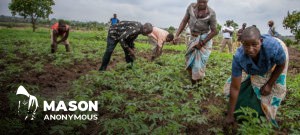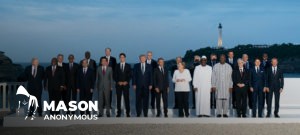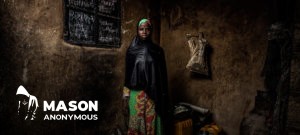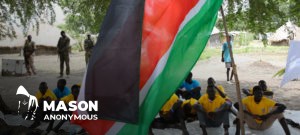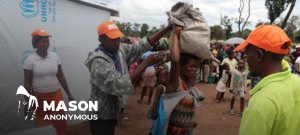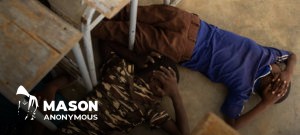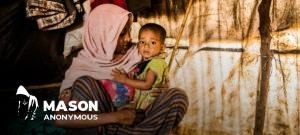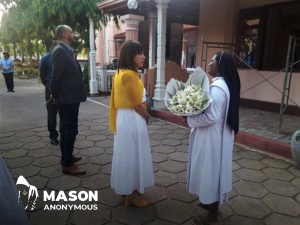School closures triple in Central and Western Africa as education comes under fire
A surge in “deliberate” attacks against students, teachers and schools in West and Central Africa has led to a tripling in school closures in the last year and left almost two million youngsters “robbed of an education”, the UN Children’s Fund (UNICEF) said on Friday.
In a new report detailing threats of violence against schools across the region and issues as a ‘Child Alert’, the UN agency warned that a generation of children risks being denied the right to learn.
Former Syrian refugee and UNICEF Goodwill Ambassador Muzoon Almellehan sounded the alarm in Geneva: “Nearly two million children are out of school due to conflict”.
Here’s our full coverage.
Sudan flash-floods leave 54 dead, nearly 200,000 affected
Fifty-four people have died in Sudan because of flash-flooding since last month, and nearly 194,000 people have been affected across the country, humanitarians have said.
Citing an alert from the Sudanese authorities, the UN’s humanitarian coordinating arm, OCHA, reported that 15 out of 18 states have been hit, and more than 37,000 homes destroyed or damaged.
Here’s spokesperson Jens Laerke: “The affected people are in need of emergency shelter, food, health services and clean water and sanitation. There’s also an urgent need for vector control to limit the spread of waterborne diseases by insects, and drainage of stagnant water.”
With the rainy season expected to last until October, and more rainfall forecast, humanitarians are concerned by the high likelihood of more flash-floods.
Of the $1.1 billion required to respond to all aid needs in Sudan this year, only 30 per cent has been provided by donors.
Ebola outbreak spreading but intensity of transmission has fallen: WHO
In the Democratic Republic of the Congo (DRC) the Ebola virus outbreak continues to prove hard to pin down, but UN health experts remain positive that they can eradicate it.
Speaking in Geneva, Michael Ryan from the World Health Organization (WHO) explained that two of the biggest challenges were daily security risks in the north-east, along with the massive movement of people – all potential carriers of the virus.
“At the peak of this outbreak we were tracking 22,000 contacts every day; tracking 22,000 different people every day in an area where people, hundreds of thousands of people move in the province every day, has been a huge challenge”, said Dr. Ryan.
While the disease has spread in the last two weeks, to Mwenga in South Kivu, he insisted that one of the biggest steps forward was the development of vaccines and therapeutic medicines.
Latest data shows that the outbreak has led to total of 2927 cases of infection and 1961 deaths.
South Sudan: UN rights experts see little headway on peace deal amid spike in local-level violence
A United Nations expert group looking at human rights in South Sudan said on Friday that it is “deeply concerned” that, although the overall armed conflict has waned, there has been little progress in adhering to the peace agreement that guided the country thus far.
“Civilians with whom we spoke still raised numerous concerns that they feel are barriers to sustainable peace,” said Yasmin Sooka, Chair of the UN Commission on Human Rights in South Sudan, reporting from Juba on the panel’s seventh field mission, currently under way through 29 August and which includes South Sudan, Uganda, Ethiopia, and Kenya.
Here’s our story.
UN chief welcomes Memorandum of Understanding between Rwanda and Uganda
Secretary-General António Guterres welcomed on Friday, the signing of a Memorandum of Understanding (MoU) between Presidents Yoweri Museveni of Uganda and Paul Kagame of Rwanda, to normalize bilateral relations between the two countries.
According to a statement, his spokesperson said that Mr. Guterres “encourages the parties to implement the agreement in good faith, with a view to restoring friendly relations and cooperation between the two neighbouring States, in the interest of peace, stability and sustainable development in the region”.
The UN chief also recognized the important role of the Angolan and Democratic Republic of the Congo Presidents João Lourenço and Felix Tshisekedi, respectively, in facilitating the MoU signing.
“The Secretary-General stands ready to support the momentum generated through this and other initiatives to advance peace, cooperation and integration in the region”, the statement concluded.
Listen to or download our audio News in Brief for 23 August on Soundcloud:
